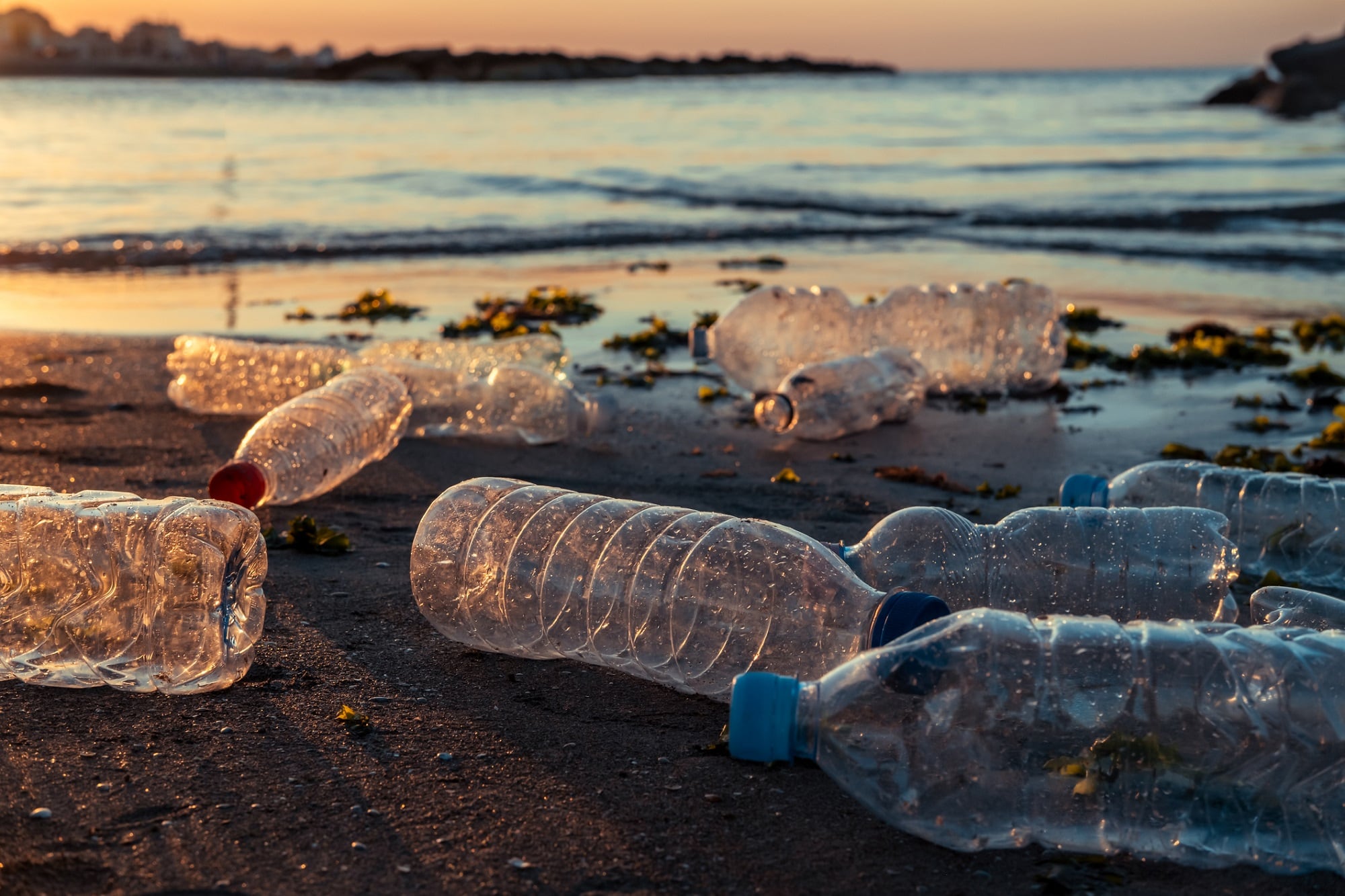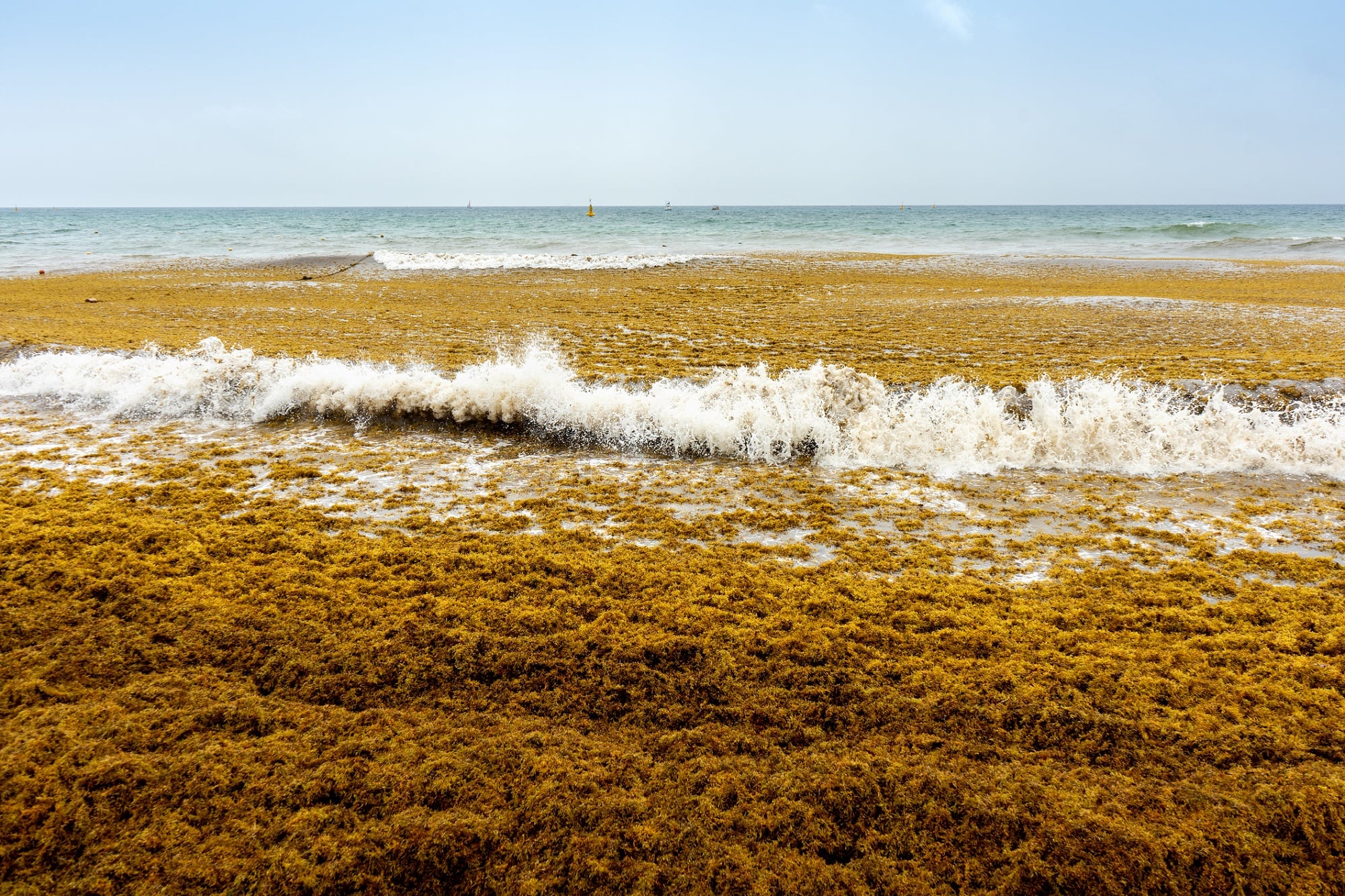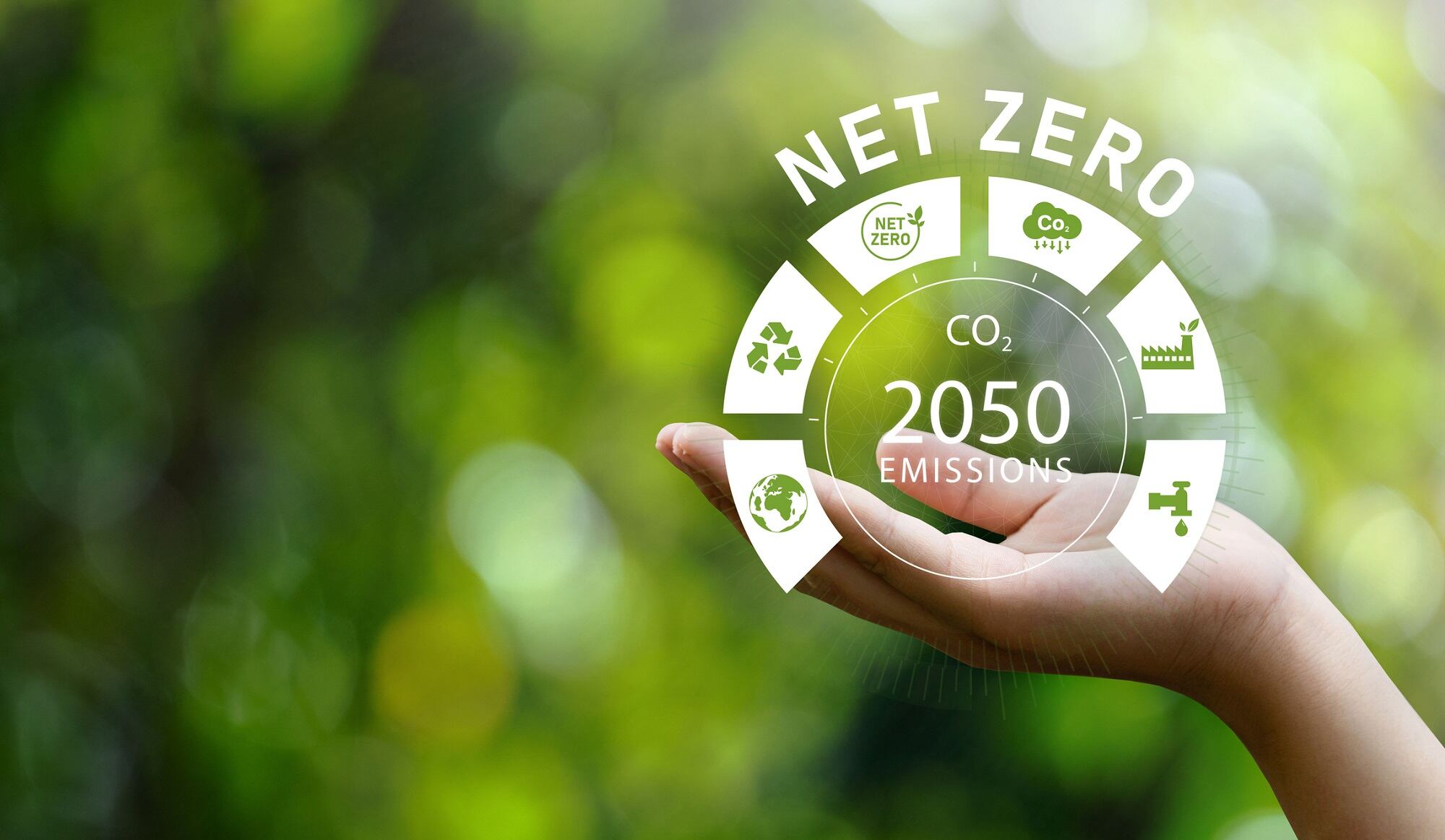As detailed in a recent article from the Plastic Pollution Coalition, “the personal care and beauty industry produces more than 120 billion units of packaging every year globally—most of which are not truly recyclable. In 2018, in the U.S. alone, almost 7.9 billion units of rigid plastic were created just for beauty and personal care products.”
Of this waste, as reported by Oceanworks, a Plastic Action Platform dedicated to providing education and resources to support brands in reducing ocean plastic pollution, 11+ million tons of the 380+ million tons of plastic created globally every year enter our oceans. As an industry that produces large amounts of single-use plastic, cosmetics and personal care product manufacturers therefore share a responsibility to commit to reducing plastic waste and encourage recycling of plastic materials.
A 2020 Greenpeace report determined that in the U.S. of the seven types of plastic materials produced, only types #1 and #2 can legally be claimed as recyclable – this creates a problem for cosmetics manufacturers and suppliers, as these industries currently utilize all seven types of plastics in various packaging containers for their end-stage consumer products.
To learn more about how Oceanworks is supporting companies in the cosmetics and personal care product spaces in establishing more sustainable packaging practices to keep plastic packaging out of the world’s oceans, CosmeticsDesign spoke with Phil Finnance, Vice President of Oceanworks, for his insights.
A mission to reduce plastic waste in the world’s oceans
Established in 2018, Oceanworks is a Plastic Action Platform whose primary goal is to “work with brands to understand the goals for their plastic pollution initiative as well as measure and reduce their plastic footprint,” explained Finnance. He further outlined the company’s mission as follows:
“Oceanworks exists for one simple reason: to keep our ocean clean by making it easy for brands to take action against plastic pollution. Through a global network of collectors and recycled plastic suppliers, Oceanworks provides brands a clear path to reduce their plastic footprint with reliability and transparency. As a Plastic Action Platform, we measure your plastic footprint, fund plastic waste removal, find sustainable alternatives, and track supply chains from shore to shelf.”
To accomplish this mission, the company has two primary ways that they work with brands to reduce plastic footprint and help prevent ocean plastic pollution.
Reclaimed and recycled material sourcing
The first way that Oceanworks works with brands is to “source suitable reclaimed and recycled materials for their products,” he said. To do this, Oceanworks implements a materials sourcing engine which “pulls from a database of hundreds of suppliers, matching high-volume buyers with sustainable plastic sources curated to their needs,” as explained on its company website.
To be included in this database, the company has established guidelines which “set requirements for a supplier to list material on our platform,” and “onboarding includes questionnaires, attestations, and site visits focused on: collection area, environmental, social, business and recycling process compliance.”
This validated supply network “has a capacity of over 400 million pounds annually with quality and batch-to-batch consistency guaranteed,” and to carry the Oceanworks Guarantee, all materials included in the network are “independently validated and conduct supplemental material testing through globally recognized independent laboratory partners,” as detailed on the company’s website.
Further, Oceanworks has established Post Consumer Recycled (PCR) collection areas to source materials for recycling and processing which are broken down into seven zones.
These include PCR collected from areas floating offshore, nearshore but still suspended in ocean waters, coastal regions that have washed up on beaches, in waterways floating towards the ocean, oceanbound materials “collected from communities with no formal waste management within fifty kilometers of the shoreline,” averted PCR materials “collected from communities with mismanaged waste outside of the Ocean-Bound collection area or with an unknown distance from the shoreline” which would likely otherwise remain in the environment to become pollutants, and finally, other PCR materials away from the ocean that are diverted from other disposal methods.
IMPAC+ plastic offsetting program
The second major method that Oceanworks employs to work with brands to reduce plastic waste is “through its IMPAC+ plastic offsetting program, which offers brands the ability to fund plastic waste collection around the globe,” said Finnance. This program offers brands an opportunity to partner with Oceanworks in a guarantee to remove plastic waste from the environment.
IMPAC+ works to help brands offset plastic waste through a combination of “committing to removing a specific amount of plastic waste, tying that removal to product sales, incentivizing customer action, and choosing a global region to focus plastic removal efforts,” as detailed on the company’s website.
This is achieved through the program’s “Align, Kickstart, and Amplify” model which has already been successfully applied to companies in the cosmetics and beauty industry spaces like “Roberts Beauty and Caliray, who have doubled down on this initiative by working with Oceanworks to not just source material for their products, but tie plastic waste collection to their product sales, amplifying the positive impacts of these products,” Finnance shared.
Oceanworks & the cosmetics and personal care product industries
For manufacturing and supply companies in the cosmetics and personal care product industries looking to gain a competitive advantage with consumers through improved environmental sustainability practices, programs offered through companies like Oceanworks are a crucial consideration to establish these necessary processes. When examining current packaging options, “the idea of developing a suitable alternative to existing packaging can be a daunting and costly task – enough so that in many instances, the need for sustainable packaging is deprioritized,” said Finnance.
Through the utilization of recycled ocean plastics, brands can turn away from using some of the 380 million tons of new plastics created every year and instead focus on using repurposed plastics which are already widely available. This “lowers the barrier of entry, making sustainable options much more appealing,” and in the case of an Oceanworks partnership, “also comes backed with the added value of Oceanworks Guarantee®, ensuring authenticity of the materials and transparency of the supply chain,” he said.
Further, he added that “with the availability of these options, we expect an increasing number of brands to turn to these solutions to grow in the coming years and as such, the demand for recycled ocean-bound plastic will grow with it.” This can translate to a greater environmental impact that is driven directly by the cosmetics and personal care product industries efforts in this space.
Considering that “many beauty companies realize the importance of offering more sustainable packaging,” services and programs like those provided by Oceanworks are crucial to navigating the implementation process of practices that are “easy to agree on,” Finnance explained.
For cosmetics and personal care product industry companies in particular, this means that “an important first step is to evaluate the appetite and ability to actually execute a sustainability strategy, and to do proper due diligence internally to ensure all the right parties are involved and have bought-in to making sustainability a priority,” he said.
“Additionally,” he added, “since most beauty brands don’t have in-house expertise when it comes to plastic packaging, it’s critical to collaborate with a trusted partner [like Oceanworks] to help navigate the inevitable pitfalls of tackling such an initiative.”





